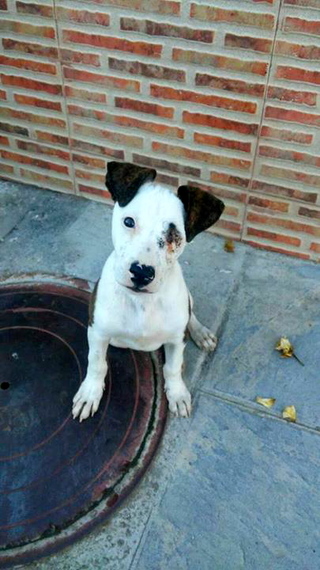Spain's Balearic island of Mallorca is blessed with its topographical variety: mountains meet valleys, and rivers descend towards beaches touching upon plateaus, lagoons and hidden coves in a vision of God's chosen paradise, before the expulsion. Its abundance of flora and fauna is spectacular, its rich, crumbly soil exploding with life like a dripping pomegranate. The Serra de Tramuntana mountain range is a Unesco World Heritage Site with a healthy population of red kites, vultures, falcons and eagles soaring over its peaks. Those of us lucky enough to have inhaled the pungency of the island's carob trees, and tasted the succulence of its almonds and delicious tang of its sybaritic local wines, have seen our faces glow, burnished by the salt and sun of a soft air that caresses and repairs.
Some six million tourists visit Mallorca each year. Cyclists come to explore ideal terrains, rock climbers hang off the world's best stalactites, intrepid scientists delve into mile-long depths of sea to discover eighty thousand-year-old caves, even explorers of the Hollywood variety scout locations for perfect filming. The world's super yachts angle for positioning in some of the most beautiful waters of the Mediterranean, and restaurants spill into magnificent old town squares, serving royals and budget airline travellers alike.
Yet an original sin of sorts plagues this bountiful island, riddled, infected and rotting as it is with the suffering of animals. Week after week, starving, neglected, abandoned and often tortured dogs limp along the roads lined with beautiful dry stone walls. Some peer out of that fertile soil, held taut by a chain in stifling heat and under a burning sun, their stiff legs holding up jutting hips and addled brains. An emaciated little terrier with nails like Fu Man Chu where it was dumped out of a car, a goat with barbed wire entwined like a crown of thorns digging into open skin, a lactating mother out of reach of her starving puppies, kittens inside a box being lifted by the mechanical jaws of a rubbish truck. "Oh he's a nutter that one", says one owner when confronted by the sight of his dog which can barely move around its own excrement.
Van-loads of vets stop in villages offering free neutering for pets; one vet estimated the canine death toll at between six and eight thousand a year. The number for cats is higher. A volunteer at one of hundreds of animal rescue associations on the island told me that her association finds three to four litters of dogs in rubbish bins every week. One owner "contracted" a thug to put down his two year old Alsatian by beating it over the head with a bat.
The word "denuncia" (denouncement) is waved about like fairground bunting, as useful in reporting and stopping neglect as a flag landing a jumbo jet on water. Unless the animal has been pummelled or shot and left to die, and so long as food and water are provided, there is little that will convince the authorities that, tied and alone, with a few hundred ticks living off its back for company, it is in need of help.
Tourists and foreign residents have helped expose some of the neglect, particularly in areas of the hinterland away from the main attraction spots. It is often here that the idea of neutering an animal is an affront to some long-obsolete machismo or an unacceptable expense, and growing beans on Mars will happen before an animal is seen as a sentient creature with a right to veterinary care.
Brave, unstintingly hard-working Mallorcans also strive to save animals. But there is no nation-wide charity equivalent to Britain's RSPCA to help them expose and prevent abuse. The police pass complaints to a well-intentioned but over-stretched arm of the Civil Guard, which must also attend to marine and environmental matters. And the disparate grouping of animal rescue associations work inside a dominant culture that is decades away from recognising the emotional and physical wellbeing of an animal.
On a London street recently, a fox lay still, its eyes still twitching from the impact of a speeding car. A woman wept by its side, shaking her head with a hopelessness when faced with the quiet dignity of an animal that knows it is dying. Sadly, this is too often the plight of animals in Mallorca and the futile predicament of those who call the island home.
